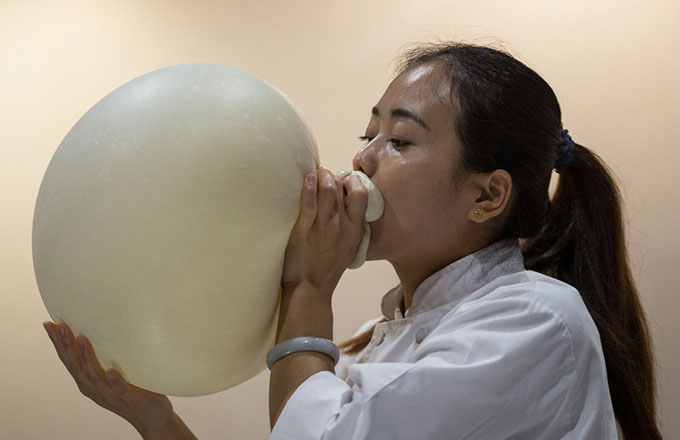Unions should help workers fight for allowances: expert
Trade unions should play a stronger role in protecting workers’ rights by helping them get high-temperature allowances, a labor rights expert has said.
Few labor unions in corporations stand up for employees, and central as well as local governments should make more effort to publicize the allowances, said Chang Kai, director of Renmin University of China’s Institute for Labor Relations Studies.
Workers should also unite under trade unions and let the unions negotiate with employers, he said.
“The government’s job was not over when it put forward regulations about high-temperature allowances. It had just began,” said Chang.
According to a State regulation released in June last year, enterprises are required to provide allowances for employees working outdoors in temperatures above 35 C and indoors above 33 C. But standards differ in cities across the Chinese mainland.
In Beijing, outdoor workers should get 120 yuan ($19.56) a month from June to August every year, and those working indoors are meant to receive 90 yuan a month.
The allowances are part of employees’ salaries — they are not welfare benefits that can vary from firm to firm, they are mandatory, Chang said.
“If firms know that not paying employees for their work is illegal, they should also understand that holding back allowances violates the law,” he said.
Chang said many workers in various industries said they had never heard about allowances, which indicates a lack of awareness — and even when they do know, workers seldom confront bosses about the allowances due to feats of being fired.
This is where they can consider bringing in trade unions, Chang said. “Apparently many small and medium companies are too concerned about their costs to give out high-temperature allowances.”
He said the allowances are commonly misunderstood to be welfare benefits, and that private corporations mistakenly thought they could alter the standards as they choose.
Most of the companies that did not provide high-temperature allowances were private firms, Chang said, and even when companies did provide the allowance, few paid the full amount stipulated by the government.
Registration Number: 130349























